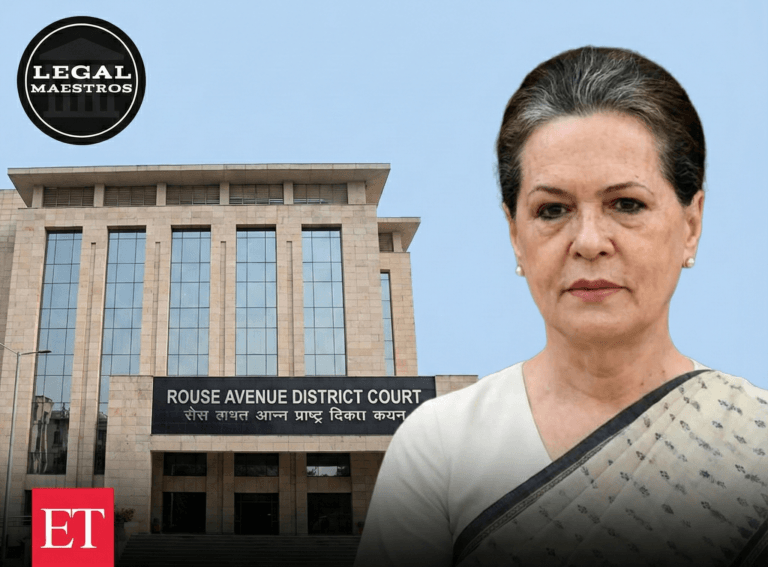
Delhi State Commission Rules Dr Lal Path Labs Liable for Inaccurate Test Reports, Upholds Rs. 3.5 Lakh Compensation
The Importance of Accurate Lab Reports: A Consumer’s Victory
In this article, we will discuss the important case of Dr. Lal Pathlabs Pvt. Ltd. vs. Mr. Inder Prakash Wadhwa, a consumer dispute decided by the Delhi State Consumer Disputes Redressal Commission, to understand the role of pathological laboratories in providing accurate test results and how consumers are affected when such services fail.
Brief Facts of the Case
In this case, Mr. Inder Prakash Wadhwa had blood tests done on May 17, 2011, at Dr. Lal Pathlabs after a doctor’s recommendation, but important results like urea, creatinine serum, alkaline phosphate, and phosphorus serum were higher than normal, causing Dr. Neeru Gera to say his condition was “critical” and to send him to the hospital for immediate dialysis; however, when he was retested at Max Healthcare Super Specialty Hospital and two other labs (Dr. Dang’s Lab and Religare SRL Diagnostics), the results came back normal. The complainant was unable to trust the results from Dr. Lal Pathlabs, given such a vast discrepancy, and declined their offer for a retest, instead filing a complaint seeking damages for expenses caused by an incorrect report and mental anguish endured by him and his family.
Fundamental Issues and the Court’s Findings
The primary question before both the District Commission and then the State Commission was whether Dr. Lal Pathlabs had been deficient in service. The lab said they only tested, not diagnosed, and that the complainant’s refusal to provide a new sample for retesting made it impossible to confirm his claims.
For any queries or to publish an article or post or advertisement on our platform, do call at +91 6377460764 or email us at contact@legalmaestros.com.
The Commission then compared the test results from Dr. Lal Pathlabs with those from Max Healthcare and two other independent labs; the “astronomically different” results from Dr. Lal Pathlabs, when compared to the consistent normal results from the other three trusted labs, were the reason for finding a lack of service.
The court noted that such reports are relied upon heavily for diagnosis and treatment by medical experts and doctors, and incorrect lab reports can result in improper diagnoses and treatments leading to fatal consequences for patients.
A contention that dehydration or medication could explain the extreme variations was rejected by the Commission because there was not enough medical evidence to support it. The Commission also looked into the lab’s claim that the complainant didn’t want to take a retest; they agreed that his lack of trust in Dr. Lal Pathlabs because of the “shockingly different report” and his choice to get tests from other well-known labs was understandable, and he wasn’t required to retest with this lab.
For More Updates & Regular Notes Join Our Whats App Group (https://chat.whatsapp.com/DkucckgAEJbCtXwXr2yIt0) and Telegram Group ( https://t.me/legalmaestroeducators )
Compensation and Accountability
Dr. Lal Pathlabs challenged the compensation of Rs 350,000 as exorbitant. The Commission agreed with the District Commission’s finding that this amount was not exorbitant, as the expenses incurred, including for treatment at Max Hospital, were a direct consequence of Dr. Lal Pathlabs’ erroneous report.
They argued against their emotional damage and mental pain; however, the distinct physical suffering caused by mistreatment from misdiagnosed serious diseases, along with being unjustly held at a medical facility and incurring continuous legal fees, justified the award for compensatory damages. This part of the decision underscores long-held thinking that diagnostic labs are more than just vending machines for tests. The information they enter can fundamentally change the health, welfare, and even financial responsibility of a patient.
Conclusion
In the recent landmark judgment of Dr. Lal Pathlabs Pvt Ltd vs. Mr. Inder Prakash Wadhwa, the court reaffirmed the principles on which pathological laboratories can be potentially held liable under the consumer protection legislation, since provision of incorrect diagnostic services to consumers can lead to them suffering great emotional trauma, undue medical procedures, and huge economic damage.







